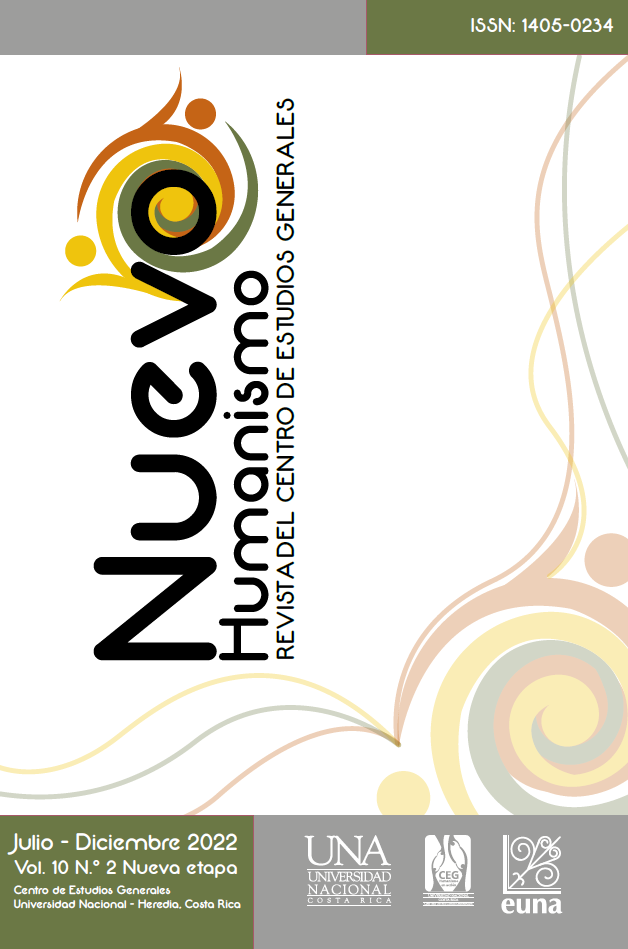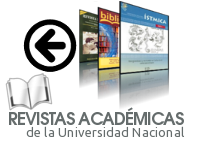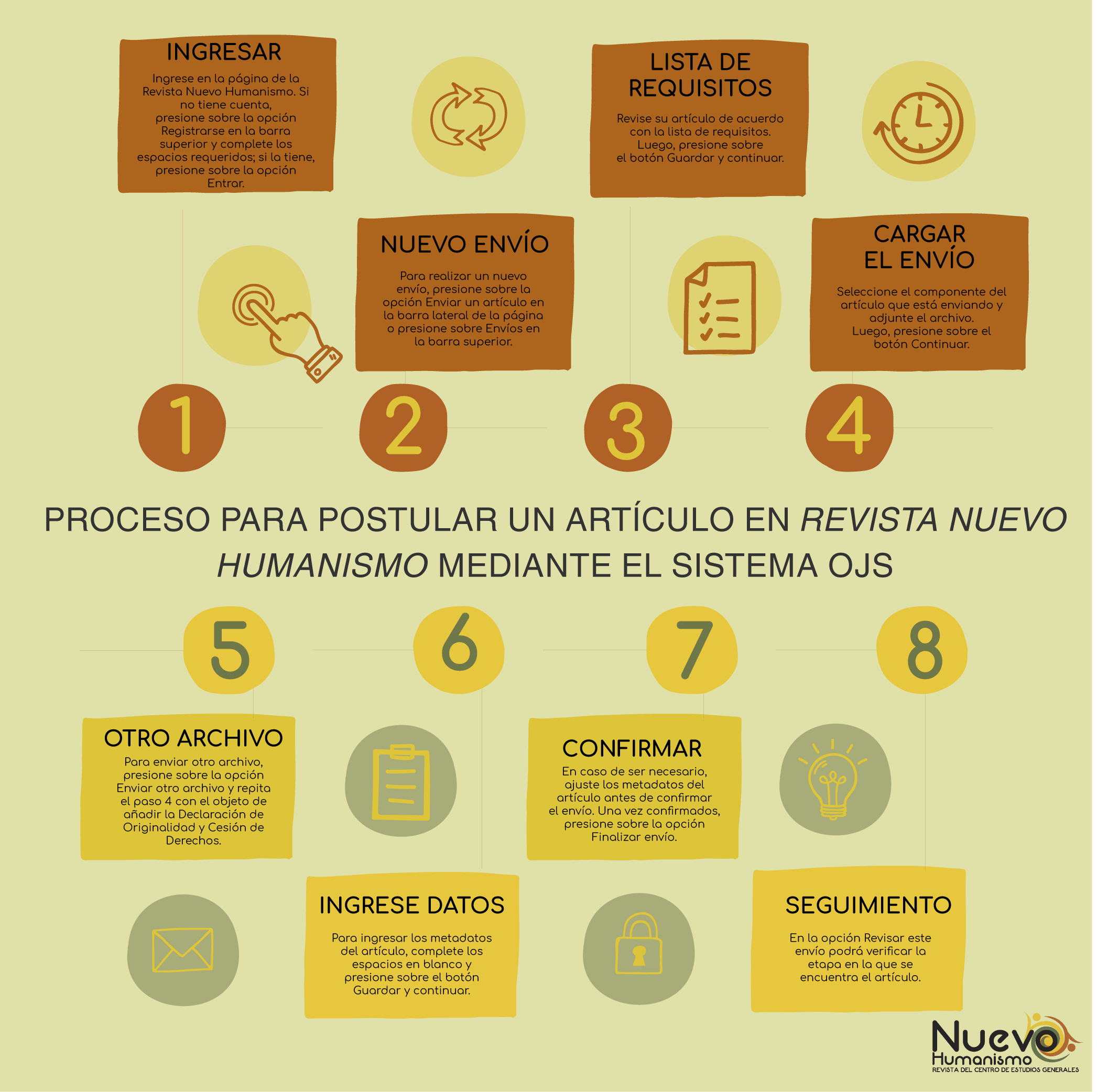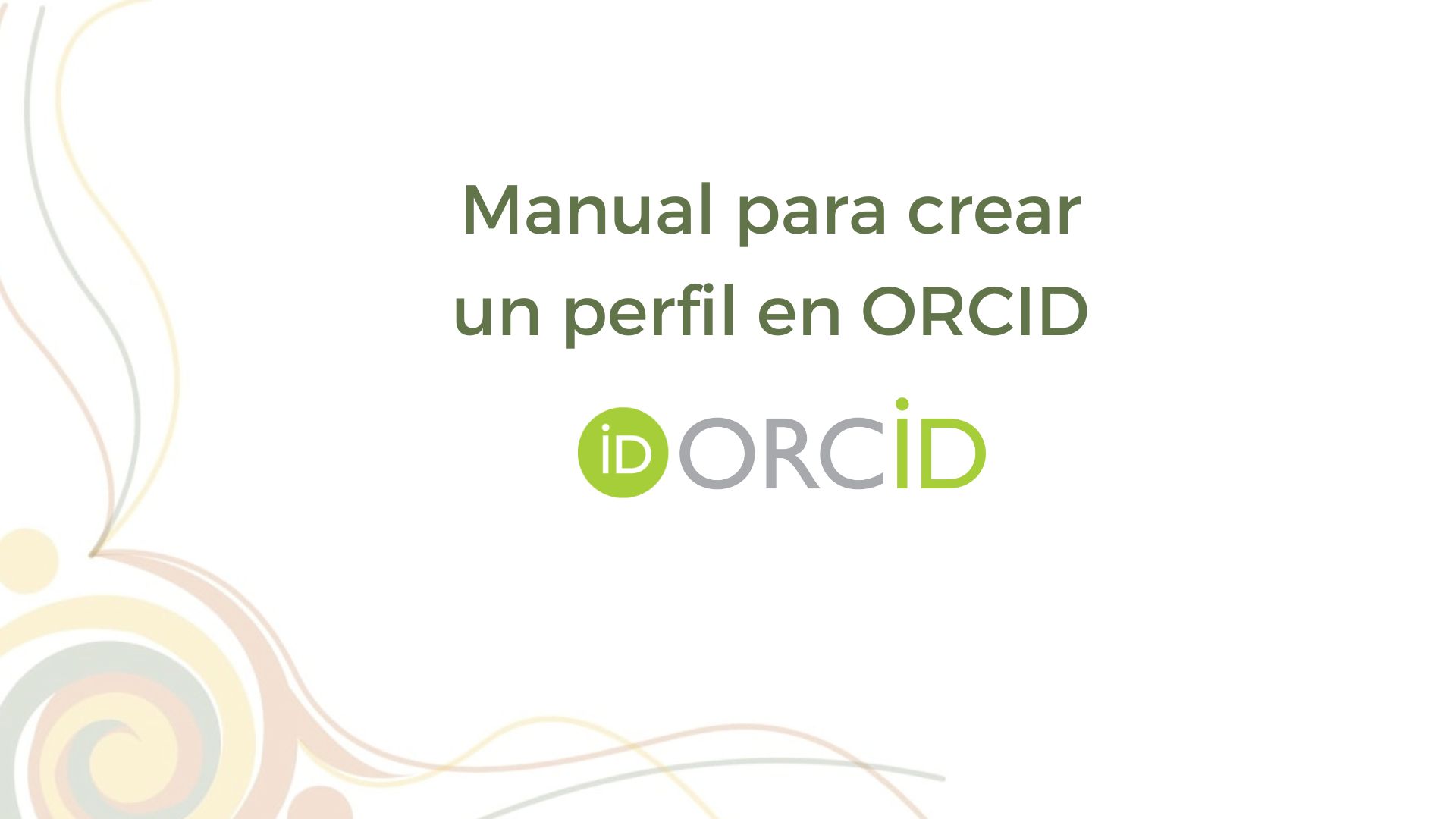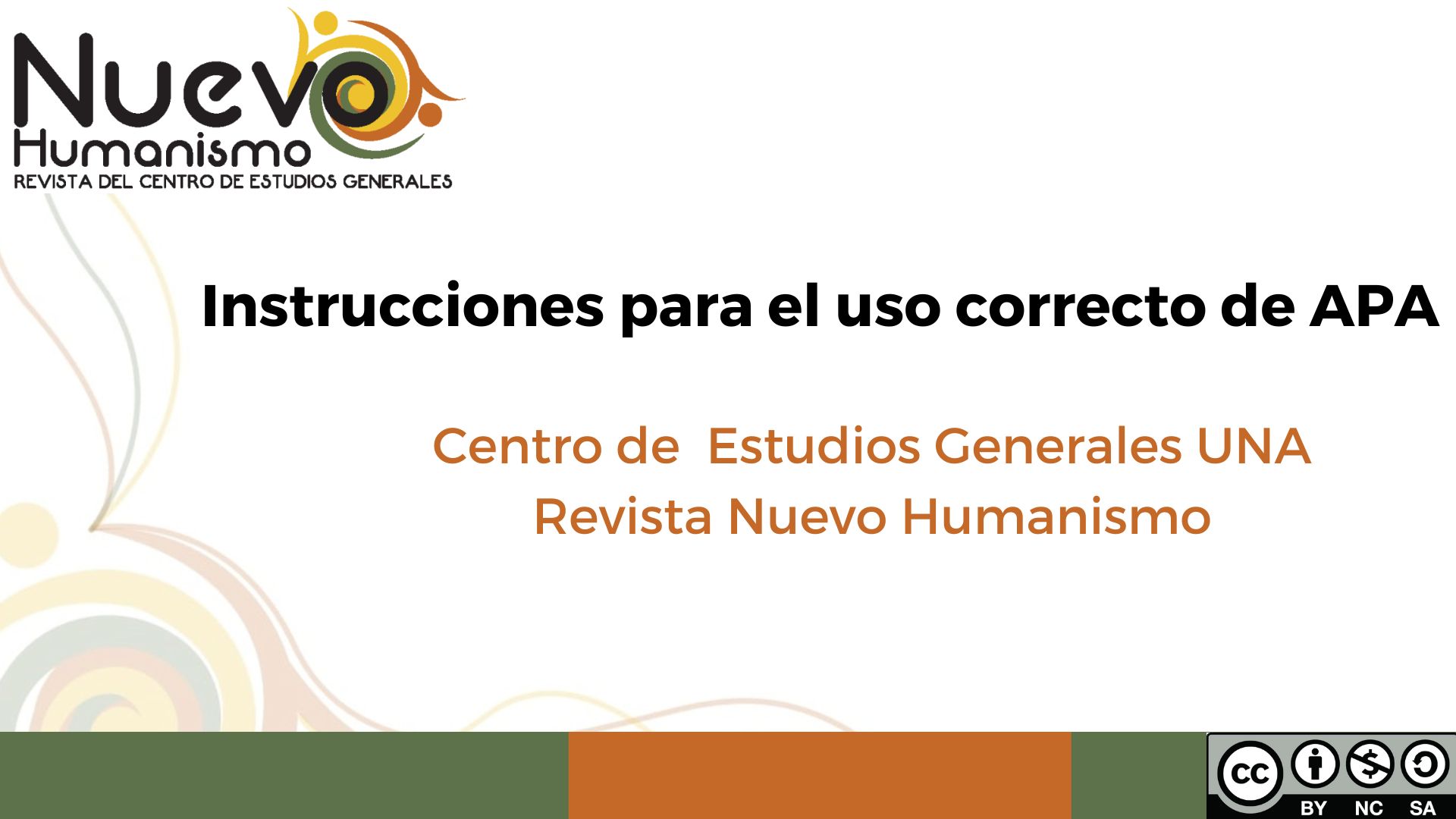Humanism: A Revolutionary Project II
DOI:
https://doi.org/10.15359/rnh.10-2.4Keywords:
Fourth blossom, liberal humanism, humanist praxis, Rousseau.Abstract
This second essay in a series of four concerning humanism as a revolutionary project examines the fourth historical blossom of humanist praxis since its origins in Classic Greece. The following text basically covers three facets of this topic: 1. A general introduction to liberal thought in the XVIIIth century and its specific significance for humanism; 2. The work of Jean-Jacques Rousseau and its humanist significance; 3. Conclusions referred to the particular theme of this article as well as its import within he series of four essays that cover the five main blossoming of humanist praxis up to our days, while in the final one we shall focus in what we have decided to term as “New Humanism Manifesto”. Thus, with this second essay we will come closer to the socialist humanism of the XIXth century (fifth blossom of humanist praxis) and in this manner we will reach the threshold of the most important of these works in which we will attempt to establish in a more advanced form the main concepts necessary for establishing a XXIst century humanism.
References
Baraona, M. (2016). La trama y los hilos. Modernización capitalista y las cuatro espirales de la modernidad. EUNA.
Baraona, M. (2021a). “El primer brote: origen del humanismo”. Revista Latinoamericana de Derechos Humanos. Vol. 32, Núm. 1.
Baraona, M. (2021b). La revolución del humanismo. Origen, génesis y actualidad. Editorial Kamuk.
Condorcet, Nicolás. (2014). Sur l’ádmission des femmes au droit de la cité. Kindle.
Eco, U. (2010). El nombre de la rosa. Lumen.
Engels, F. (2013). El origen de la familia, la propiedad privada y el Estado. Alianza Editorial.
Federini, F. (1998) L’abolition de l’ésclavage 1848; une lecture de Victor Schoelcher. Editions L’Harmattan.
Ferrer, A. (1997). Historia de la globalización. Surgimiento, apogeo y declinación de Gran Bretaña en el Segundo Orden Económico Mundial. Academia Nacional de Ciencias Económicas. Buenos Aires.
Hobbes, T. (1987). Leviatán: o la materia, forma y poder de una república eclesiástica y civil. Fondo de Cultura Económica.
Kirzner, I. (1996). “Reflections on the Misesian Legacy in Economics”. The Review of Austrian Economics. 9(2): 134-154.
Locke, J. (2018). Some Thoughts Concerning Education. Andesite Press.
Madruga Bajo, M. (2020). Feminismo e ilustración. Un seminario fundacional. Ediciones Cátedra. Universitat de Valencia.
Mandeville, B. (2002). La fábula de las abejas, vicios privados y beneficios públicos. Fondo de Cultura Económica.
Marcuse, H. (2016). El hombre unidimensional. Editorial Austral.
Miranda, Carlos. (1990). Rousseau y su influencia en la configuración de las ideas socialistas. Instituto de Ciencias Políticas de la Universidad Católica de Chile.
Molina, P. (2005). Rousseau, prescriptor del socialismo. Instituto Juan de Mariana.
O’Gorman, F. (1997). The Long Eighteenth Century: British Political and Social History 1688-1832. Hodder Arnold Publication.
Paine, T. (1990). La edad de la razón. Consejo Nacional para la Cultura y las Artes.
Parker, G. (2017). Europa en crisis, 1598-1648. Siglo XXI.
Pestalozzi, J.H. (1969). The Education of Man: Aphorisms. Greenwood.
Rousseau, JJ. (1995). El contrato social. Alianza Editorial.
Rousseau, JJ. (2010). “Lettre a Mgr. de Beaumont Archevêque de Paris, 1762”. Correspondance complète de Rousseau: Édition complète des lettres, documents et index . Oxford: Voltaire Foundation.
Rousseau, JJ. (2014). Discurso sobre el origen y los fundamentos de la desigualdad entre los hombres. Prometeo.
Rousseau, JJ. (2016). Emilio, o de la educación. ResumenExpress.
Screpanti, E., Zamagni, S. (2005). An Outline of the History of Economic Thought. OUP Oxford.
Smith, A. (1982). An Inquiry into the Nature and Causes of the Wealth of Nations. Kindle.
Smith, A. (2004). La teoría de los sentimientos morales. Alianza Editorial.
Unamuno, M. (1970). Del pensamiento trágico de la vida y el hombre de carne y hueso. Editorial Akal.
Wollstonecraft, M. (2020). Vindicación de los derechos de la mujer. Penguin.

